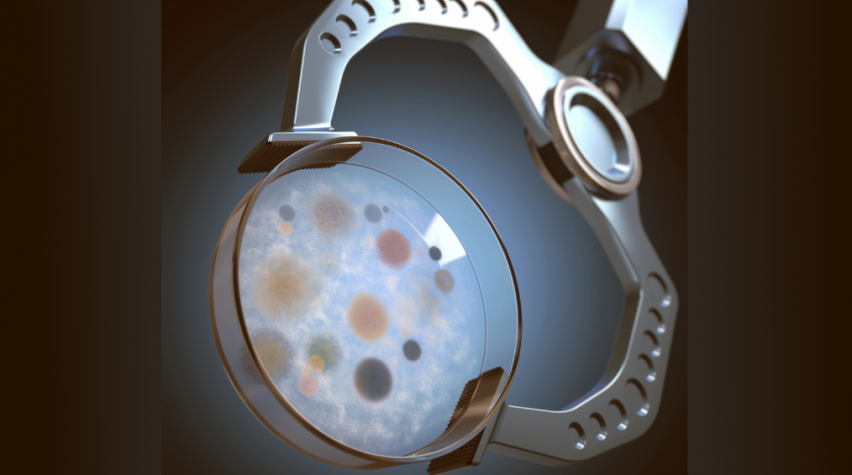
Just last week we wrote about antibiotic resistance and new rapid testing, and this week comes more promising news about the development of new antimicrobial compounds. A story from UC Berkeley reports that its researchers working at the Molecular Foundry, a DOE Office of Science user facility at Berkeley Lab, are using robots to develop new antimicrobial compounds effective against drug-resistant bacteria.
The two robots are chemical-synthesizing machines dubbed Symphony X and Overture, which make peptoids, or synthetic versions of peptides. Peptides are what the body creates to fight infections, and many antimicrobial drugs are based on peptides.
While peptides are potent, peptide-based antimicrobials can quickly degrade in the bloodstream, limiting their usefulness. Synthetic peptoids, on the other hand, are longer lasting.
“Peptoids are modular. We can control every position in their structure chemically and we can create peptoids with very specific traits and functions,” Ron Zuckermann, who directs the Molecular Foundry’s Biological Nanostructures Facility and a pioneer of peptoid research, explained in the Berkeley report.
According to the report, researchers created a family of several dozen peptoids, each with a slightly different distribution of charge and water-repelling traits. From the group, two promising candidates rose to the top and are being studied further.
You can read more about the researchers’ work here.


